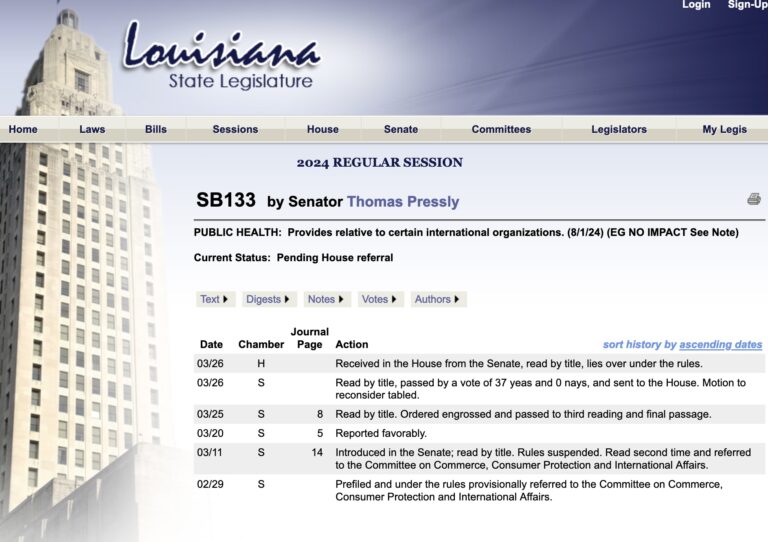And why are we concerned?
(Read update at bottom: the rule change has been withdrawn, for now! 1-18-2024)
The Securities and Exchange Commission (SEC) is proposing a rule change to allow the New York Stock Exchange (NYSE) to list Natural Asset Companies (NACs).
To quote from the Federal Register, a NAC is:
a corporation whose primary purpose is to actively manage, maintain, restore (as applicable), and grow the value of natural assets and their production of ecosystem services. In addition, where doing so is consistent with the company’s primary purpose, the company will seek to conduct sustainable revenue generating operations. Sustainable operations are those activities that do not cause any material adverse impact on the condition of the natural assets under a NAC’s control and that seek to replenish the natural resources being used. The NAC may also engage in other activities that support community well-being, provided such activities are sustainable.
Note the bolded term: ecosystem services. We are informed this means: “clean air, water supply, flood protection, productive soils for agriculture, climate stability, habitat for wildlife, among others.” In other words, assets which haven’t been clearly monetized in the past.
According to the Federal Register, “economists estimate [ecosystem services] value at more than $100 trillion per year.” For context, the US GDP was $25.4 trillion in 2022.
What is the issue? Much like the system of carbon credits, this proposed method of assigning financial value results in a transfer of wealth from the poorer and middle classes to the wealthy. Carbon credits, a means of ‘purchasing’ a reduction in one’s actual environmental impact are the modern form of purchased religious indulgence. The impact of the polluting activity remains the same, but a wealthier person or corporation can buy an indulgence allowing the activity to continue.
The proposal to create NACs and allow them to be traded on the NYSE will require a new method of accounting. Here is example guidance provided by the SEC, written by the Intrinsic Exchange Group: Intrinsic Exchange Group: Ecological Performance Reporting Framework
What is the Intrinsic Exchange Group?
A Rockefeller Foundation funded company, which has “developed an accounting framework to measure ecological performance to complement GAAP financial statements.” The NYSE also holds a minority stake.
The Federal Register informs us further: Intrinsic Exchange Group was founded in 2017, as a private Delaware corporation, and “pioneered” the concept for NACs, because “investors still express an unmet need for efficient, pure-play exposure to nature and climate.”
The plan is that NACs will hold rights for “ecosystem services” associated with a piece of land. To acquire those rights, they will license them from “sovereign nations or private landowners.”
Tell me, dear reader, what lands do sovereign nations have from which to license rights away? PUBLIC LANDS. This is, quite explicitly, a way to allow wealthy investors access to ‘pure-play exposure’ by licensing rights to public lands (i.e. Your National Parks, Bureau of Land Management lands, National Forests, National Monuments, etc.) and then ‘protecting’ these rights (potentially by doing nothing on the lands or even preventing access to them) and then trading this non-activity on the NYSE.
The Latest
On January 17th, 2024, the NYSE withdrew the proposed rule change. This means that the issue of NACs has been paused (for now.)
Read the Letter withdrawing the rule change.
What can you do?
Follow this issue at Sovereignty Coalition.
Take action by contacting your Congressional Representatives and Governor.
Submit a comment to the SEC stating your opposition to this proposal.
Read More:
Letter from US Senators Pete Ricketts, Mike Crapo, and James Risch
Letter from 25 state Attorneys General opposing the rule change
Letter signed by 23 State Treasurers & Comptrollers requesting an extension to the comment period
State Attorneys General Send Scathing Letter Opposing NACs – American Steward
Margaret Byfield – Real Clear Markets: Beware the SEC’s Creation of ‘Natural Asset Companies’








